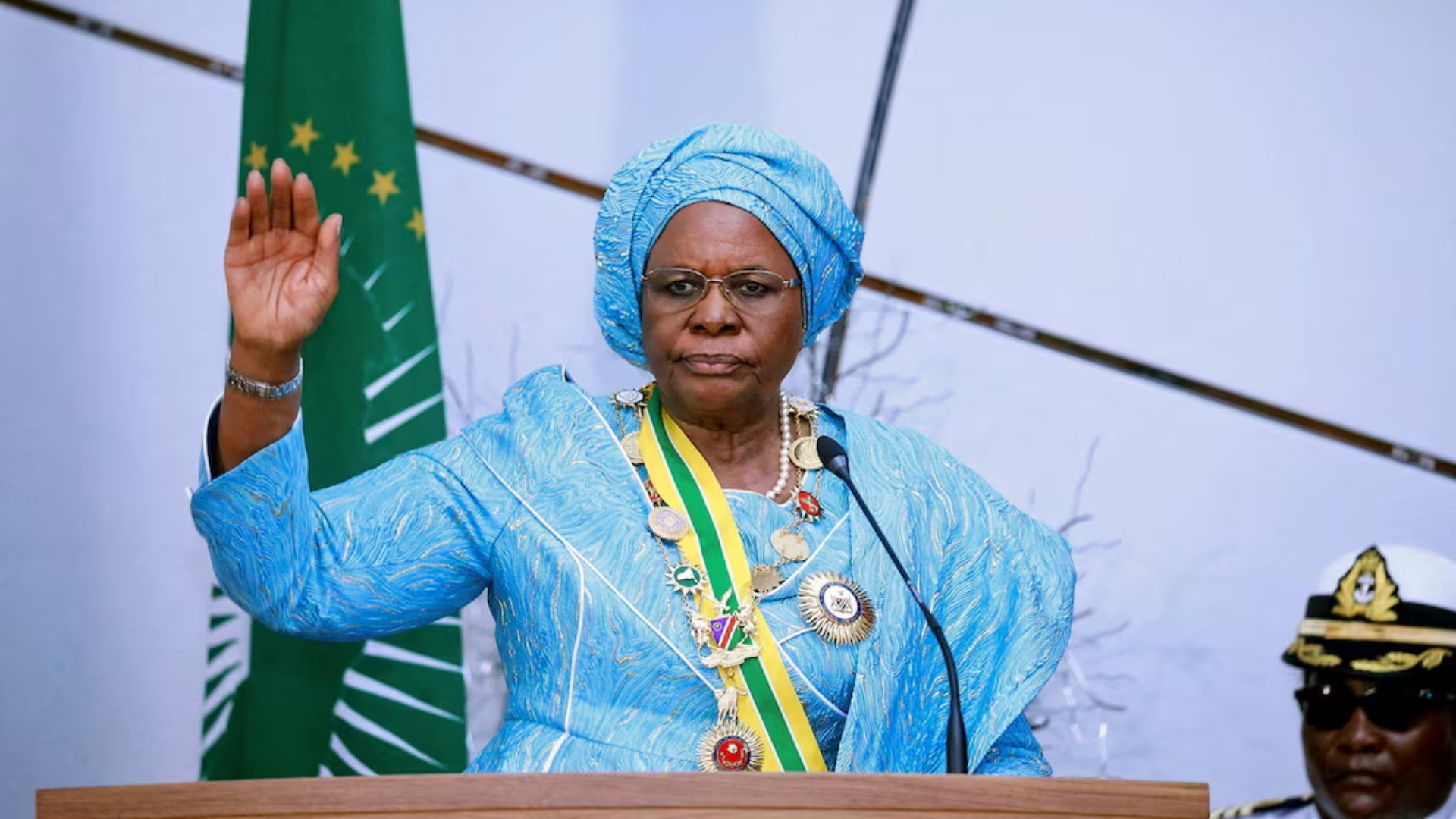Namibia has made history by inaugurating its first female president, Netumbo Nandi-Ndaitwah, during the nation’s 35th independence anniversary last week.
72-year-old President Nandi-Ndaitwah, a veteran member of the South West Africa People’s Organization (SWAPO), has served over 25 years in public life, including as vice president and foreign minister. She ascended to the presidency last week after the term of Nangolo Mbumba following the death of President Hage Geingob in February 2024.
Another milestone towards making gender equality a Namibian norm, Lucia Witbooi was appointed vice president marking the first time on the continent that both presidential roles are held by women.
Saara Kuugongelwa-Amadhila has also been elected as speaker of the National Assembly, meaning women account for the three most senior governmental positions for the first time in Africa’s history. Suffice to say, Namibia is at the forefront of gender equality within the region.
The resolve of Namibia towards gender balance is further illustrated by ranking second in Africa and tenth globally on the 2024 Gender Balance Index, signifying high presence of women in the top layers in the central bank and other financial institutions.
The implications of this innovation transcend Namibia’s borders, and it becomes a model that others on the continent will seek to emulate. In positioning women at the pinnacle of the leadership table, Namibia sends a message of defiance of the usual gender clichés and underscores the pivotal role of women in government and development.
It is not only inclusive but brings diversity to the policy-making process and results in comprehensive and equitable decisions to benefit all African citizens.
During her inaugural speech, President Nandi-Ndaitwah pledged her commitment to good governance, regional cooperation, and combating climate change. She also insisted on the importance of equality and lauded Namibia for being among the global leaders in women empowerment.
‘I believe that having been elected as President of my country, will encourage women from all walks of life to stand up to be counted, with a clear understanding that I was not elected because I am a woman, but on merit.’
‘That is to say as women, we should not ask to be elected to positions of responsibility because we are women, but because we are capable members of our societies to hold those positions.’ President Nandi-Ndaitwah said.
Her precedence sets a sterling example, pushing fellow African nations to follow in the footsteps of gender equality in leadership and recognize the transformative potential of women’s participation in politics and governance.

















